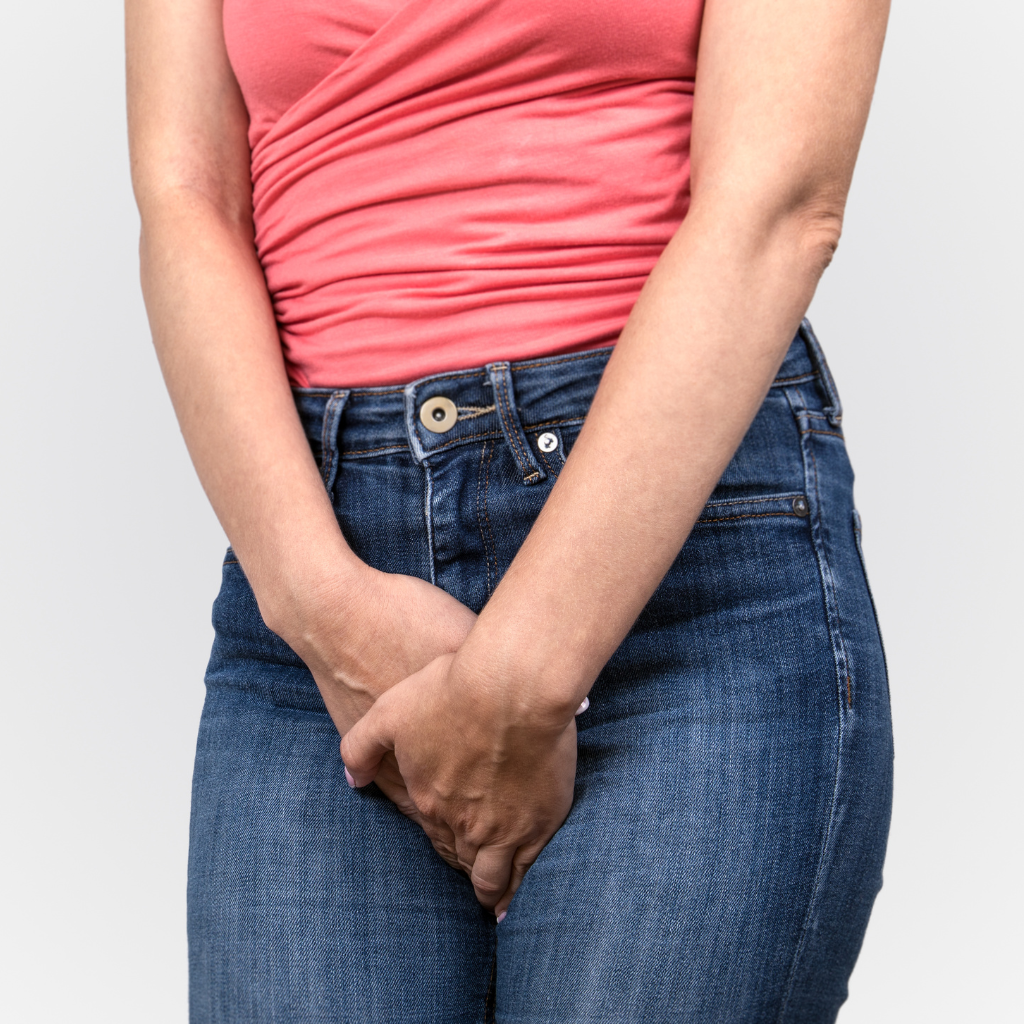Are you one of the many women who believe that urinary leakage and incontinence are just a natural part of getting older?
Do you think that Kegel exercises are the only solution to this problem? If so, it’s time to bust some myths! You might be surprised to learn that there are many misconceptions out there about urinary leakage and incontinence.
In this article, You will discover the truth about these conditions and learn how to manage them effectively. If you’re looking for a women’s health clinic in Memphis that can provide you with the support and guidance you need, there are many options available.
Types And Causes Of Urinary Incontinence
Urinary incontinence is when you accidentally leak urine. This is a common problem for many women. There are different types of urinary incontinence, and each type has different causes.
One type of urinary incontinence is called stress incontinence. This happens when you put pressure on your bladder, like when you cough, sneeze, or laugh. Stress incontinence can be caused by weak muscles in your pelvic floor. Your pelvic floor muscles can become weak after you have a baby, when you go through menopause, or as you get older.
Another type of urinary incontinence is called urge incontinence. This happens when you suddenly feel like you need to pee, and you can’t hold it in. Urge incontinence can be caused by a muscle in your bladder that is too active or not working well. It can also be caused by nerve damage.
There is another type of incontinence called mixed incontinence. This is a combination of both stress and urge incontinence.
Other types of urinary incontinence include overflow incontinence, functional incontinence, and transient incontinence.

The causes of urinary incontinence can be different for each type. Some common causes include having a baby, going through menopause, being overweight, coughing a lot, nerve damage, and taking certain medicines.
If you have urinary incontinence, it’s important to talk to your doctor to figure out what’s causing it. Your doctor can help you find the best treatment for you.
Myths & Facts About Urinary Leakage and Incontinence In Women
Myth #1: Urinary leakage And Incontinence Only Affect Older Women
You might think that only older women experience urinary leakage and incontinence, but that’s not true. Incontinence can affect women of all ages, and it’s not just limited to women. Men can also experience urinary leakage and incontinence due to various reasons such as prostate problems, nerve damage, or medication side effects.
Myth #2: Urinary leakage And Incontinence Are A Normal Part Of Aging
Urinary leakage and incontinence are not a normal part of aging. While it is true that aging can weaken the muscles that control the bladder, it is not inevitable that you will experience incontinence. Several factors can cause urinary leakage and incontinence, such as obesity, smoking, chronic coughing, and certain medications.
Myth #3: Only Women Who Have Given Birth Experience Urinary Leakage And Incontinence
Although pregnancy and childbirth can cause urinary leakage and incontinence in women, it’s not the only cause. Women who have never given birth can also experience urinary leakage and incontinence due to menopause, hormonal changes, and chronic medical conditions such as diabetes or multiple sclerosis.
Myth #4: Kegel Exercises Are The Only Solution For Urinary Leakage And Incontinence
While Kegel exercises can help strengthen the pelvic floor muscles, they are not the only solution for urinary leakage and incontinence. Depending on the cause and severity of incontinence, other treatments such as medication, bladder training, and electrical stimulation therapy may be recommended.
Myth #5: Urinary Leakage And Incontinence Are Embarrassing And Should Not Be Discussed

Urinary leakage and incontinence are common medical conditions, and there’s no reason to feel embarrassed about discussing them with a healthcare provider. In fact, discussing the symptoms of urinary leakage and incontinence with a healthcare provider can help identify the underlying cause and find the best treatment options.
Myth #6: Urinary Leakage And Incontinence Are Rare Conditions
Urinary leakage and incontinence are not rare conditions. Millions of people around the world experience urinary leakage and incontinence due to various reasons. Incontinence can have a significant impact on a person’s quality of life and emotional wellbeing.
Myth #7: Surgery Is The Only Solution For Urinary Leakage And Incontinence
Surgery is not always the only solution for urinary leakage and incontinence. In many cases, conservative treatments such as lifestyle changes, pelvic floor exercises, and medication can effectively manage urinary leakage and incontinence. Surgery is typically recommended when conservative treatments fail to improve symptoms or if the condition is severe.
Remedy For Urinary Leakage And Incontinence
If you are experiencing urinary leakage and incontinence, there are several remedies that can help:
1. Pelvic floor exercises: These exercises, also known as Kegel exercises, can help strengthen the muscles that control urination.
2. Bladder training: This involves gradually increasing the time between bathroom breaks to improve bladder control.
3. Lifestyle changes: Reducing caffeine and alcohol intake, losing weight, and quitting smoking can all help alleviate urinary leakage and incontinence.
4. Medications: Certain medications can help relax the bladder or reduce urinary frequency.
5. Medical devices: Women may benefit from using a pessary, which is a device that helps support the bladder.
6. Surgery: In severe cases, surgery may be recommended to correct underlying issues causing urinary leakage and incontinence.
Remember, urinary leakage and incontinence are common issues that can affect anyone, regardless of age or gender. Don’t be afraid to speak with Women’s Health Clinic In Memphis about your concerns and explore the treatment options available to you.
Seeking Professional Help

If you’re seeking professional help for your women’s health needs, look no further than Poplar Ave Clinic, the premier women’s health clinic in Memphis, Tennessee. Our clinic offers comprehensive care for a wide range of women’s health issues, including gynecology, obstetrics, menopause management, and more.
Our patient-centered approach means that we prioritize your unique needs and goals and work with you to develop a personalized treatment plan. Our experienced OB/GYNs, nurses, and support staff are committed to providing the highest quality care in a comfortable and welcoming environment.
Conveniently located on Poplar Avenue in Memphis, our clinic is easily accessible by major highways and public transportation. We offer a range of amenities to make your visit as comfortable as possible, including complimentary refreshments and Wi-Fi.
At Poplar Ave Clinic, we’re dedicated to helping you achieve your best possible health outcomes. Contact us today to schedule a consultation and take the first step towards better health.
Final Thougths
In conclusion, it’s important to bust the myths around urinary leakage and incontinence in women. These conditions can affect women of all ages and should not be dismissed or ignored. It’s time to break the silence and start talking about these common issues.
Thankfully, there are many remedies available including pelvic floor exercises, bladder training, lifestyle changes, medications, medical devices, and surgery. It’s important to consult with a healthcare provider to explore the best treatment option that suits your needs.
If you’re experiencing urinary leakage or incontinence, it’s important to remember that you’re not alone and there is help available. Don’t let the myths around these conditions prevent you from seeking the care you need. With the right approach and support, you can improve your quality of life and regain your confidence.

